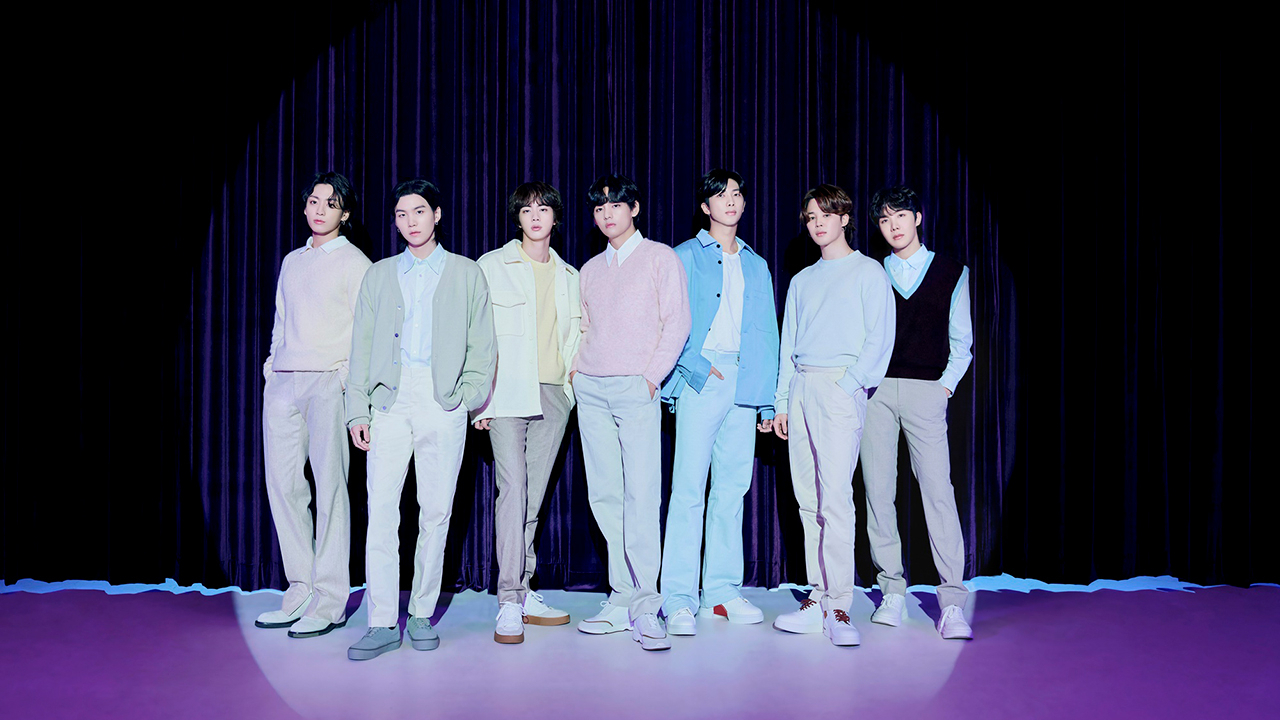
The recent controversy surrounding BTS's Suga and his involvement in a drunk driving incident has ignited a debate about the intense scrutiny faced by K-pop idols. Experts attribute this to the unique fan-idol relationship and the perception of idols as products rather than individuals by entertainment companies. The dedicated and deeply involved domestic K-pop fandom actively supports their favorite idols, often purchasing multiple copies of albums and defending them staunchly during challenging times. This contrasts with the more top-down relationship between fans and singers in Western pop music, where the industry makes most decisions and audiences remain passive consumers. The development of this fan culture in Korea can be traced back to historical factors, including the high moral and ethical standards imposed on entertainers by older generations and a tendency to criticize celebrities more harshly than other public figures. Additionally, the rise of K-pop groups in the 1990s, formed through a systematic process and treated as commodities by their agencies, has contributed to the strict control over idols' personal lives to maintain a "pure" image. However, it's also noted that the imposition of high moral standards on K-pop idols may not be unique to Korea, as each country has its own cultural norms and expectations. Stephanie Choi, a postdoctoral associate specializing in K-pop, points out that the moral expectations and power dynamics vary across different countries, highlighting that Western celebrity culture also grapples with issues like cancel culture and disparities in addressing moral misconduct.
